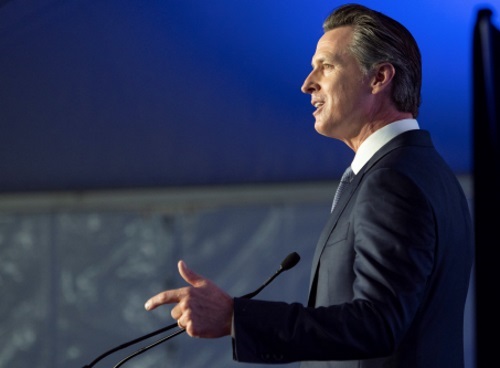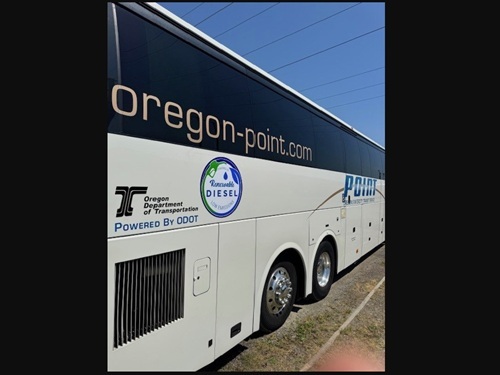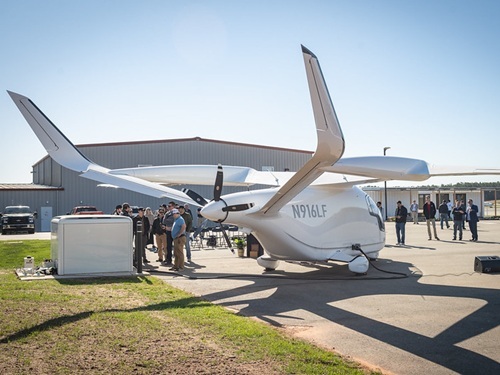Governor Gavin Newsom (D) (seen above) has introduced a $6.1 billion zero-emission vehicle or ZEV fiscal support package to accelerate the state’s transition to ZEVs and “fight climate change” in the process.
[Above photo by the California Governor’s Office]
Combined with a $3.9 billion ZEV investment package signed into law in September 2021, California would ultimately outlay $10 billion to support broader ZEV deployment statewide.
That spending also dovetails the governor’s executive order issued in September 2020 requiring that all new cars and passenger trucks sold in California by 2035 must be zero-emission vehicles.
“The future is electric, and we’re making it easier and cheaper than ever before to go electric. That means more assistance to help folks buy clean cars and more charging stations in more communities throughout the state,” said Gov. Newsom in a statement.
This latest funding proposal would also support the construction of vehicle charging stations and other infrastructure needed to “facilitate” the state’s transition to ZEVs.
The governor’s $6.1 billion package includes:
- Low-Income Zero-Emission Vehicles and Infrastructure: $256 million for low-income consumer purchases, and $900 million to expand affordable and convenient ZEV infrastructure access in low-income neighborhoods. These investments will focus on planning and deploying a range of charging options to support communities, including grid-friendly high-power fast chargers and at-home charging.
- Heavy-Duty Zero-Emission Vehicles and Supporting Infrastructure: $935 million for the purchase of 1,000 zero-emission short-haul drayage trucks and 1,700 zero-emission transit buses. Another $1.5 billion would support the purchase of electric buses for school transportation programs. A further $1.1 billion would help buy zero-emission trucks, buses, and off-road equipment plus related fueling infrastructure, with $400 million to enable port electrification.
- Zero-Emission Mobility: $419 million to support sustainable community-based transportation equity projects that increase access to zero-emission mobility in low-income communities. This includes supporting local clean mobility options plus sustainable transportation and equity projects.
- Emerging Opportunities: $200 million to invest in demonstration and pilot projects in high carbon-emitting sectors, such as maritime, aviation, rail and other off-road applications, as well as support for vehicle grid integration at scale.




